Russia USSR Space collection 1950/80 Mint never hinged stamps
Russia’s (formerly part of the USSR) space exploration history is rich and significant. The Soviet Union, particularly during the Cold War era, was engaged in a fierce space race with the United States. Here are some key highlights:
- Sputnik 1 (1957): The Soviet Union launched the world’s first artificial satellite, Sputnik 1, on October 4, 1957, marking the beginning of the space age. This event shocked the world and spurred the United States to accelerate its own space program.
- Yuri Gagarin (1961): On April 12, 1961, Soviet cosmonaut Yuri Gagarin became the first human to travel into space aboard the spacecraft Vostok 1. His historic flight lasted 108 minutes, orbiting the Earth once.
- Lunar Exploration: The USSR’s Luna program achieved several significant milestones in lunar exploration. In 1959, Luna 1 became the first spacecraft to reach the vicinity of the Moon. In 1966, Luna 9 made the first successful soft landing on the Moon and transmitted photographs back to Earth. The Luna program continued with various missions aimed at lunar orbiting, landing, and sample return.
- Space Stations: The Soviet Union launched the world’s first space station, Salyut 1, in 1971. This was followed by the Salyut and Almaz programs, which paved the way for later stations like Mir and the International Space Station (ISS).
- Spacecraft and Probes: The USSR sent numerous spacecraft and probes to explore the solar system and beyond. For example, the Venera program achieved the first successful landings on Venus, providing valuable data about the planet’s atmosphere and surface conditions.
- Spacewalks: Soviet cosmonaut Alexei Leonov performed the first spacewalk (extravehicular activity) on March 18, 1965, during the Voskhod 2 mission.
- International Cooperation: Despite the Cold War rivalry, the USSR engaged in some limited space cooperation with other countries, particularly with other communist nations. For example, the Soviet Union collaborated with countries like Bulgaria, Czechoslovakia, East Germany, and Poland on various space projects.
While the dissolution of the Soviet Union in 1991 brought significant changes to Russia’s space program, Russia continues to be a major player in space exploration. It operates the Russian segment of the International Space Station, launches satellites for various purposes, and continues to develop new space technologies and missions.

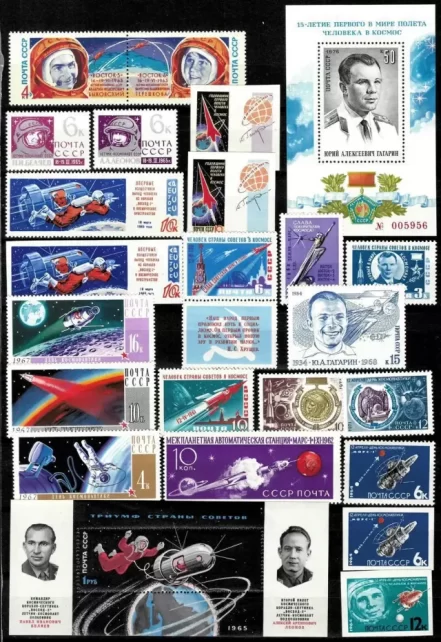
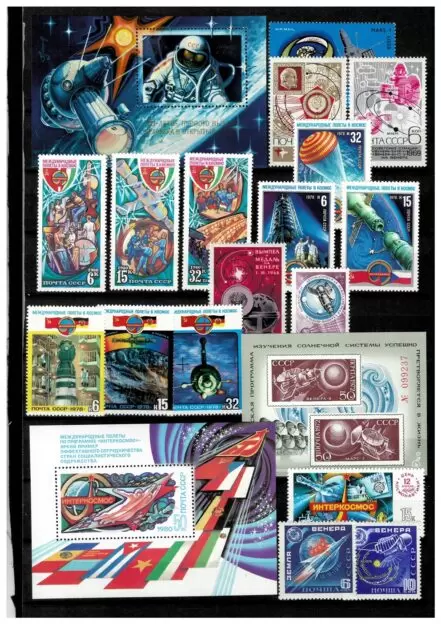
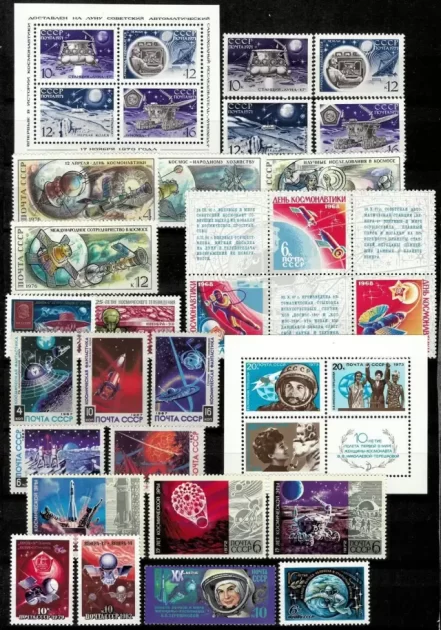
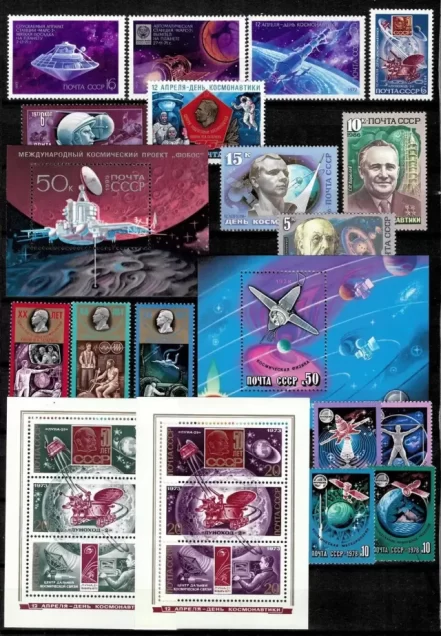
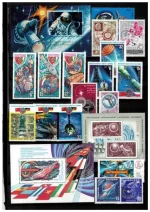
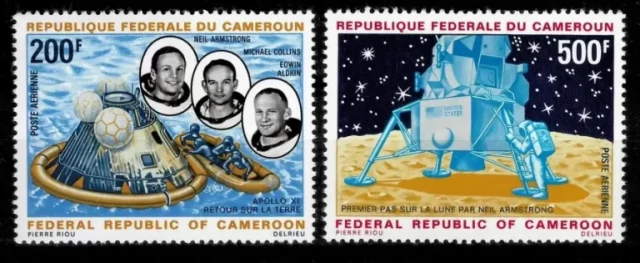
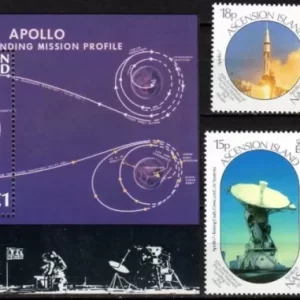

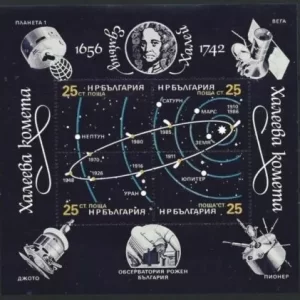
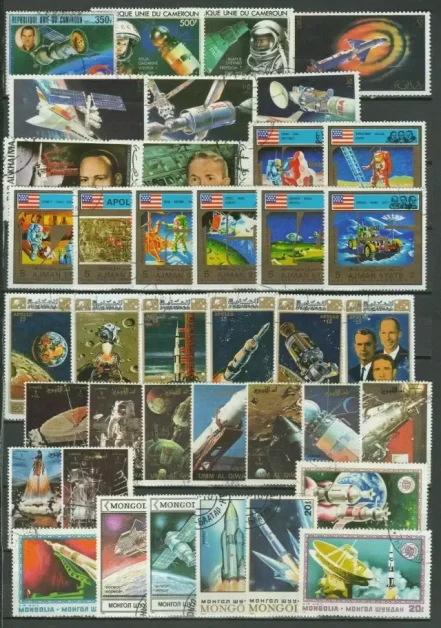
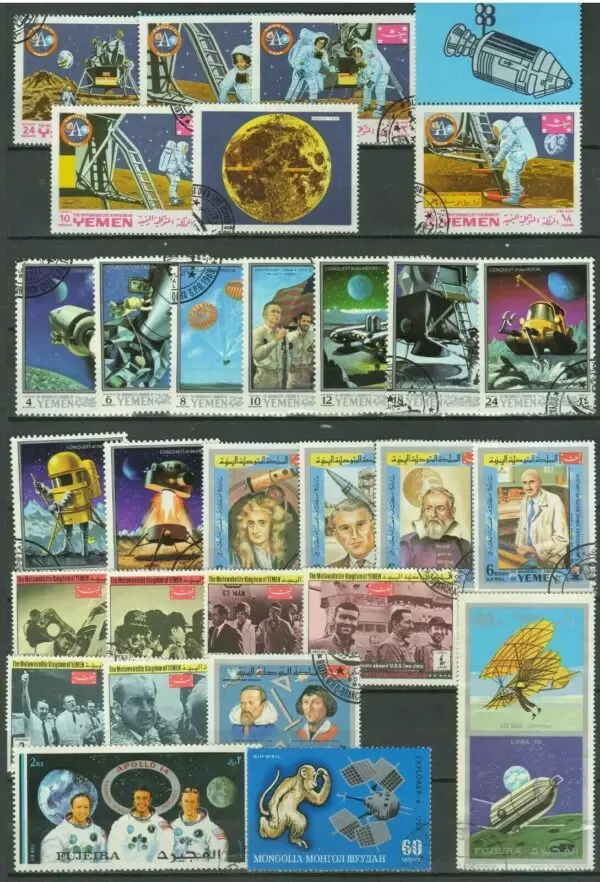
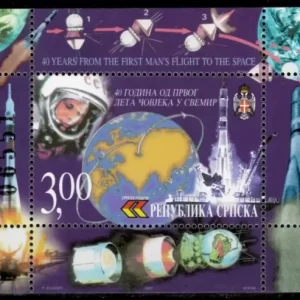
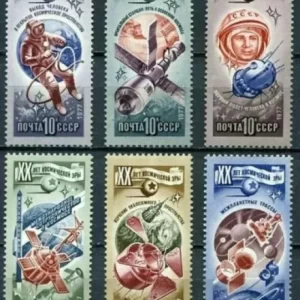
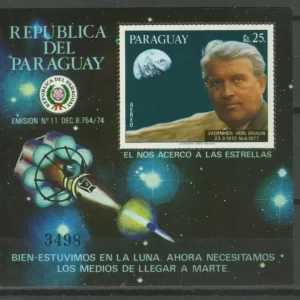
Reviews
There are no reviews yet.